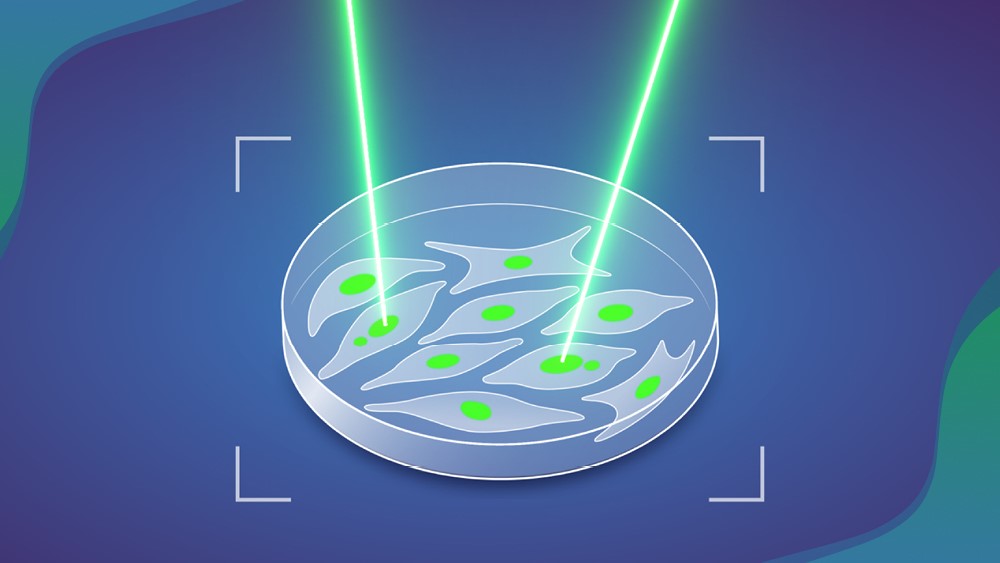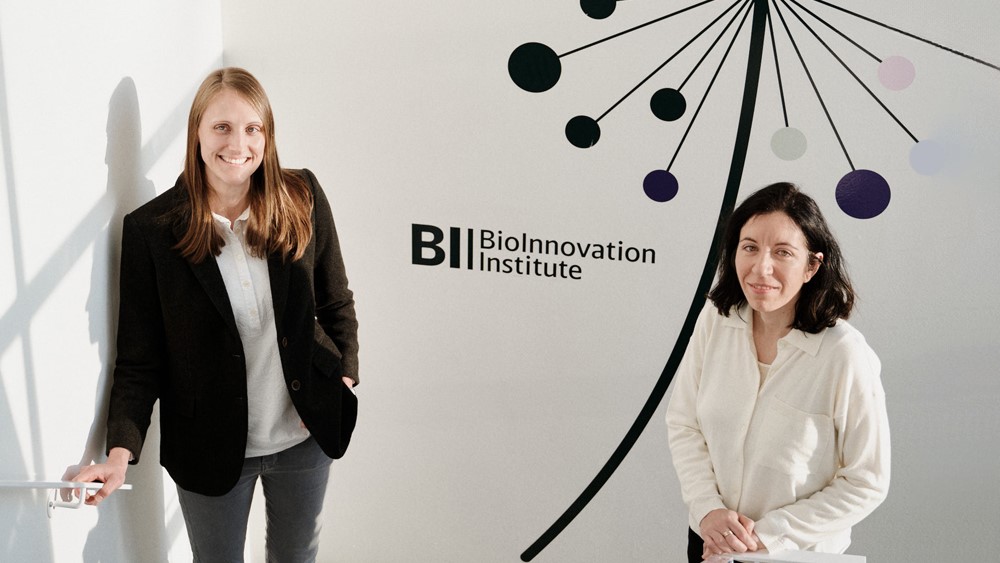Colorectal cancer in type 2 diabetes: An insightful look into the microenvironment of tumors

Diabetics have a higher risk of colorectal cancer and often a poorer prognosis after developing the disease. The biological mechanisms behind this association were largely unknown. A research team at the German Cancer Research Center (DKFZ) has now discovered that tumors with a low number of immune cells appear to be particularly susceptible to the harmful effects of diabetes. This finding could help tailor prevention and treatment strategies more specifically to individual patients.
The scientists examined the number of immune cells in the tumor tissue. These immune cells, mainly T lymphocytes, are responsible for recognizing and destroying cancer cells. The more active these immune cells are in and around a tumor, the better the body can keep the cancer in check. In contrast, tumors with low immune cell density—known as immune-cold tumors—often respond less well to treatment and are more likely to grow aggressively. “Given this observation, it seemed obvious to take a closer look at the so-called microenvironment of tumors,” explains Michael Hoffmeister. “We assumed that type 2 diabetes causes changes in the environment surrounding tumors that could influence both the risk of developing colorectal cancer and its progression.”
In a large population-based study involving 4,724 participants, including 2,321 colorectal cancer patients, the DKFZ researchers found that diabetes can promote the development of immune-cold colorectal tumors. In addition, diabetes patients with immune-cold tumors had a significantly worse prognosis for recurrence and survival of colorectal cancer over a follow-up period of 9.5 years.
In contrast, diabetics whose tumors were rich in immune cells did not show this increased risk of death or cancer recurrence. “Diabetes appears to create conditions that allow tumors with already weak immune surveillance to grow and spread more easily,” explains lead study author Durgesh Wankhede. “However, if a tumor has a strong immune defense, diabetes does not seem to have the same effect.”
The researchers believe that several factors could contribute to this effect. Chronically elevated blood sugar and insulin levels can promote the growth of cancer cells while depriving immune cells of the energy they need. This combination weakens local immune control in the tumor microenvironment.
Based on these findings, assessing the immune status of tumors could help doctors tailor prevention and treatment strategies in the future. Diabetics may benefit from earlier colorectal cancer screening due to their increased risk. “Further studies would also be helpful to investigate the extent to which lifestyle changes and blood sugar control affect immune deficiency in colorectal cancer, so that even more targeted recommendations can be made,” concludes Michael Hoffmeister.
Wankhede D, Halama N, Kloor M, Brenner H, Hoffmeister M: Diabetes and Colorectal Cancer Risk and Survival According to Tumor Immunity Status. J Clin Oncol 2025, DOI: 10.1200/JCO-25-00148




